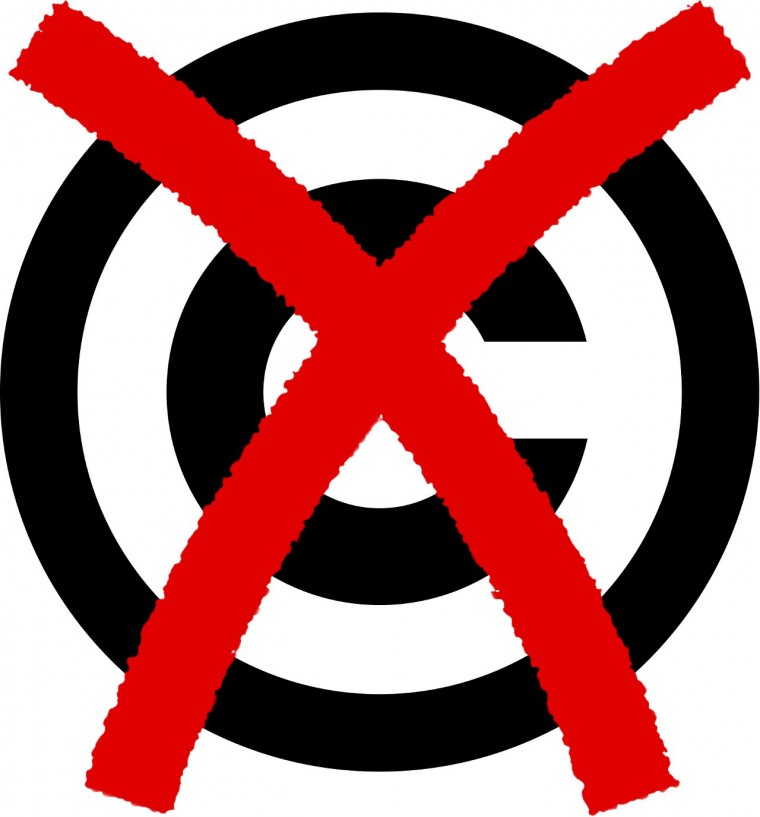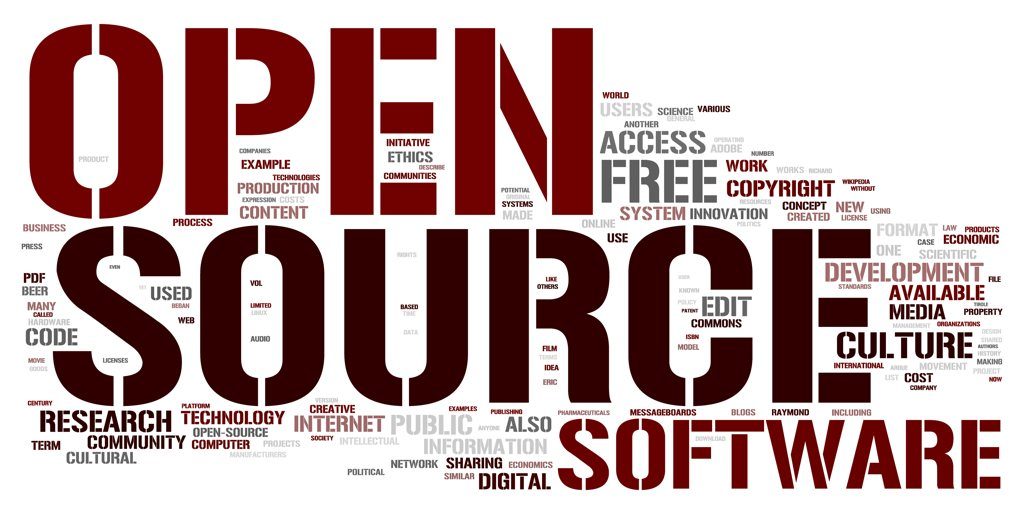An open-source license is a type of license for computer software and other products that allows the source code, blueprint or design to be used, modified and/or shared under defined terms and conditions (OSI, 2016).
These OSI-approved licenses are the most popular ones or have strong communities:
- Apache License 2.0
- BSD 3-Clause “New” or “Revised” license
- BSD 2-Clause “Simplified” or “FreeBSD” license
- GNU General Public License (GPL)
- GNU Library or “Lesser” General Public License (LGPL)
- MIT license
- Mozilla Public License 2.0
- Common Development and Distribution License
- Eclipse Public License(OSI, 2016)
The era of free licensing, or open source, began in 1989 when UNIX version 1.0 was released under GNU General Public License (GPL) and in the same year free version of UNIX software was released under the University of California’s Berkeley Software Distribution (BSD) license. The growth of open source project was incredible and in 2005 there were over 74,000 such projects and more than 775,000 registered SourceForge users (Rosen, 2005) while now there are 430,000 projects and over 3.7 million registered users (Sourceforge, 2016).
The Free Software Foundation lists four essential kinds of software freedom:
1. The freedom to run the software for any purpose (freedom 0)
2. The freedom to study how the software works and modify it to meet user requirements (freedom 1). This can be done only if the source code is open.
3. The freedom to redistribute copies of the software to help peers (freedom 2)
4. The freedom to improve the software and distribute your modified version to the public (freedom 3). This may improve the existing version and allow community to benefit from it (GNU, 2016).
Why it is important?
According to Pillay (2014) ‘without open source, many of today’s top technology initiatives – from cloud computing to big data and mobile – would simply not exist as we know them’. Open source encourages and extends technological innovation for the following reasons:
- More people that may contribute improvements to the code or reuse it in other software
- Due to the fact people work together in the same direction, leveraging work from each other, the software becomes better and evolves faster
- All developers regardless of their location and financial status, can contribute innovation. Even those who work for big companies are willing to volunteer and apply their talents for innovations
- Open standards are a way to standardise technology to speak the same language, helping people work together
Therefore, many commercial companies release two version of their products – under commercial and free license -that helps them benefit from innovations outside and apply it to a proprietary version (Zinck, 2012).

